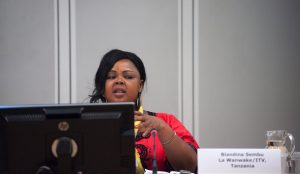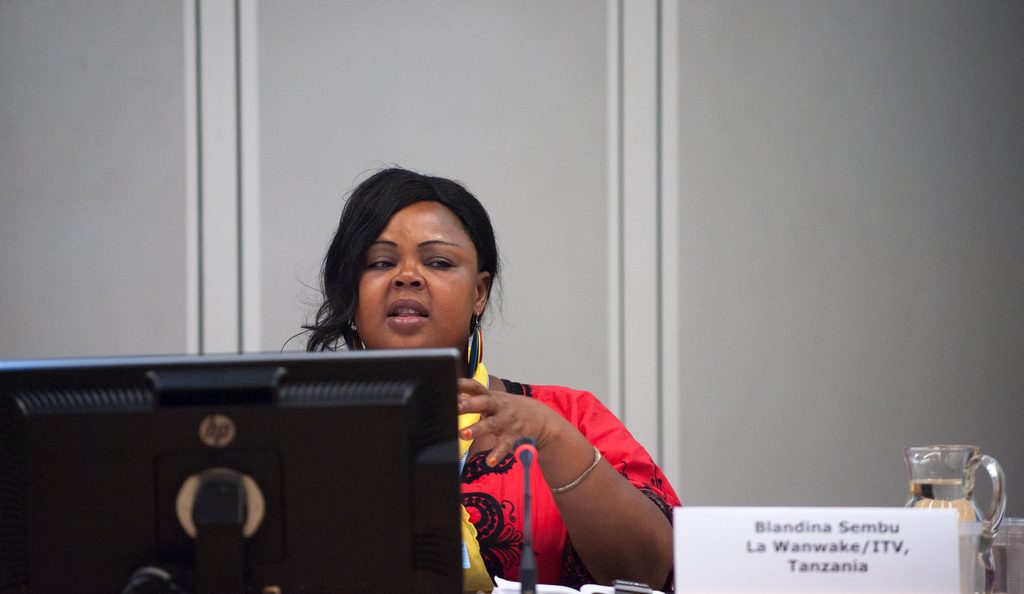Information and Communications Technologies (ICTs) are radically transforming how we live and work, our future opportunities, our societies, and our economies.

But what if fifty percent of the population doesn’t have the same access to education and technologies as others? Education and ICTs have been two of the most powerful forces of change in the last century, opening the doors to knowledge, opportunity, and better quality of life for people in all corners of the globe.
Education of girls and women has numerous benefits, including better health, lower fertility, and reduced infant mortality. ICTs enable women to increase their productivity and economic opportunities, improving their lives and those of their families and contributing to their communities and economies in the process. Educational systems are rapidly changing with the use of ICTs in schools.
The integration of ICTs in schools has enabled new methods for teacher training, new pedagogical approaches, new assessment techniques, and new ways to organize courses and schools. ICTs are considered one part of the broader context of educational transformation.
Findings from the eLearning Africa Report 2015 reveal that, despite rapid growth in internet and mobile usage across the region, women are much less likely to get online than men. And they are still largely unrepresented in the technology sector.
“These two facts could have serious implications for the ability of African economies to use technology to catapult themselves ahead of their competitors,” said Harold Elletson, Co-Editor of the eLearning Africa Report, an annual review of the impact of technology on education and development.
“Africa needs to address these issues now or it will miss out. Surveying women from throughout the continent, the report paints a picture of the realities of this situation – 55 per cent of women say they believe there are equal opportunities for men and women to gain digital skills, but a lack of individual confidence and access holds many women back. Affordability was also amongst the main barriers hindering women’s ICT usage.
Nnenna Nwakanma, the World Wide Web Foundation’s Africa Regional Coordinator, and contributor to the report, says women’s chances of benefiting from the advantages of ICTs are one third less than men’s. She attributes this divide to the high cost to connect.
“Exorbitant internet costs drastically affect the potential for women to benefit from the increased access to information and empowerment that the Internet offers. All women and girls deserve the opportunity to take part in the technology that is transforming our world. While recent years saw important progress, today there are still 25 per cent fewer women and girls online than men and boys. In subSaharan Africa, this gap is over 40 per cent.
The need to tackle the digital gender gaps is especially urgent because technology is such a powerful tool to empower women to address other persistent inequalities. Through cooperation between governments and partnerships among all stakeholders, we are already seeing how effective national policies can unlock the potential of ICTs to achieve gender equity and advance global and national development goals.

